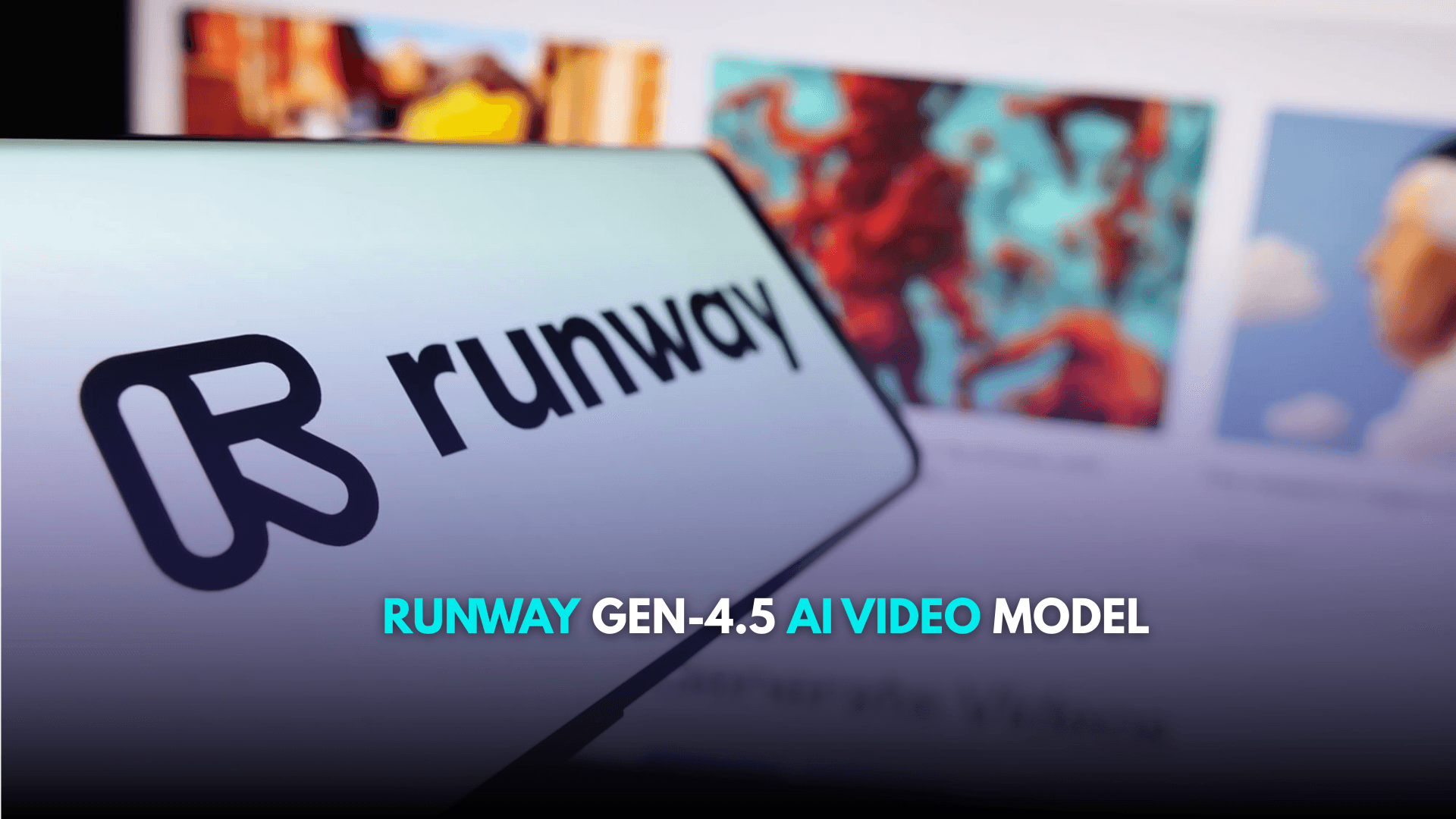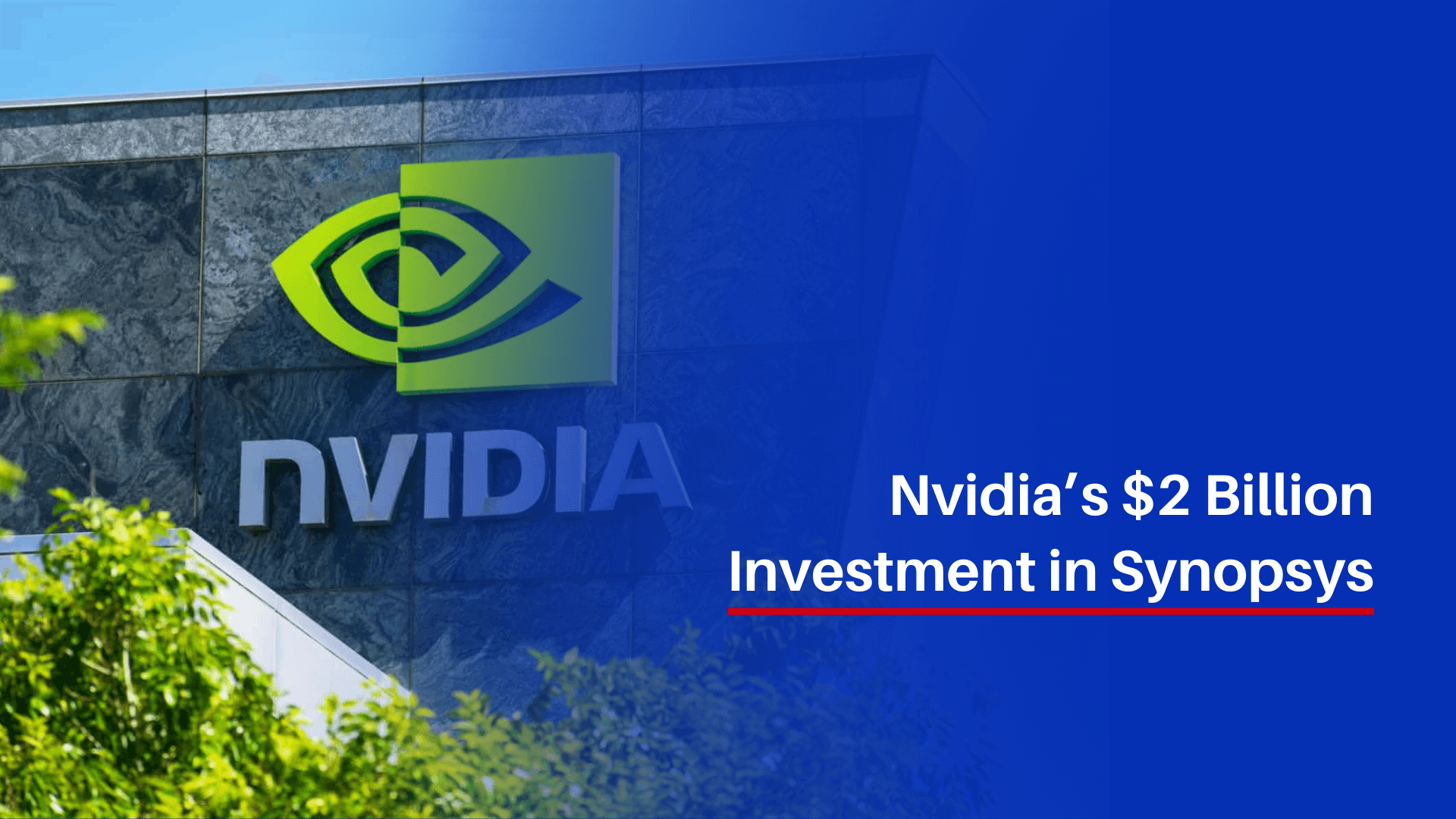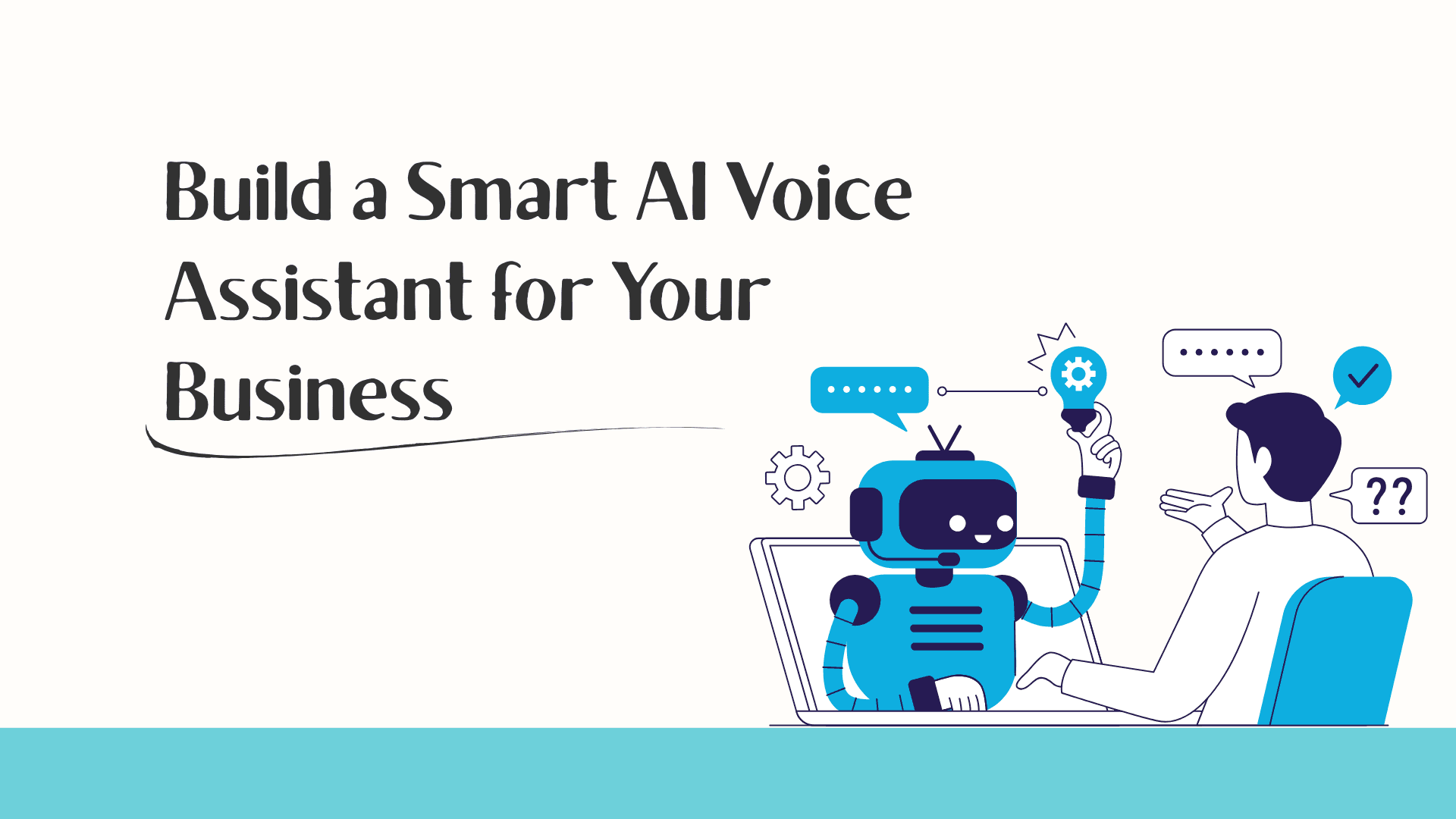
Making Sense of AI Without the Hype
Let’s be honest terms like artificial intelligence, machine learning, and generative AI get thrown around constantly these days. It’s easy to feel overwhelmed or even tune it all out. But here’s the thing: AI isn’t just tech talk anymoreit’s becoming part of everyday life.
Whether you're navigating your career, exploring new tools, or simply curious about where the world is headed, getting a basic understanding of AI can go a long way. No tech background required we’ll keep it simple.
What Is Artificial Intelligence
Think of artificial intelligence (AI) as teaching computers to act a little more like humans solving problems, recognizing voices, making decisions, or spotting objects in photos.
It might sound futuristic, but chances are you're already using AI every day. Ever asked your phone a question, watched a movie recommended by an app, or had your email sorted automatically? Yep, that’s AI at work.
The cool part? AI doesn’t just follow a script. It learns from data, adapts to new situations, and improves over time kind of like how we learn by experience.
Machine Learning
Now let’s dig into machine learning (ML) one of the most common types of AI.
Instead of being told what to do step-by-step, a machine learning system figures things out by looking at examples. Here’s how it works in real life:
Step 1: Training – The system gets fed tons of labeled data. For example, thousands of photos labeled “cat” or “dog.”
Step 2: Spotting patterns – It starts noticing the features that make a cat look like a cat (like ears or whiskers).
Step 3: Making predictions – After learning enough, it can look at a brand-new photo and say, “That’s a dog.”
It’s kind of like flashcards for computers. And it’s used in everything from fraud detection and weather forecasting to medical diagnoses and playlist recommendations.
Deep Learning
Deep learning is a more advanced version of machine learning. What makes it special is how it mimics the way the human brain works using something called “neural networks.”
These networks are made up of layers that process information step-by-step, getting more sophisticated as the data moves through.
Thanks to deep learning, AI can:
Recognize faces almost perfectly
Translate languages in real time
Detect diseases in medical scans
Help self-driving cars “see” the road ahead
Deep learning is the powerhouse behind some of the most impressive AI breakthroughs we’ve seen so far.
Generative AI
This is where things start to feel almost magical. Generative AI is the part of AI that creates instead of just analyzing or sorting.
Unlike older AI that mostly answered questions or classified things, generative AI can actually generate new content, such as:
Articles, emails, and stories
Images and artwork
Music compositions
Code for websites or apps
Even realistic-sounding voices or videos
You’ve probably seen or used generative AI already think tools like ChatGPT, Midjourney, or DALL·E that can generate text or images from just a few prompts. These tools are powered by massive “foundation models” trained on huge amounts of data.
How AI Is Already Part of Your Daily Life
Here’s the thing: AI isn’t coming. It’s already here and you’re probably using it more than you realize.
At Work:
Content creation tools that help write faster
AI that speeds up analyzing medical scans
Financial forecasting software
Contract review assistants in legal firms
Personalized education tools
At Home or On the Go:
Smart devices that learn your preferences
Photo apps that auto-enhance your pictures
Navigation tools that predict traffic jams
Voice assistants that understand natural speech
Streaming apps that recommend what to watch next
For Creative Projects:
AI that helps musicians, artists, and designers
Voice generation for accessibility or storytelling
Tools that assist with architectural or graphic design
Gaming characters that respond intelligently
Immersive VR environments powered by AI
The Big Ethical Questions We Can’t Ignore
AI opens the door to some incredible possibilities but also some tricky ethical challenges.
Here are just a few we should all be thinking about:
Can we always tell what’s real and what’s AI-generated?
Who owns the data used to train these systems?
Will AI eliminate jobs or just change how we work?
What happens when AI reflects human bias from its training data?
Who’s responsible if AI makes a harmful decision?
As AI evolves, it’s crucial to make sure we’re using it responsibly and that means having these conversations out in the open.
Why Understanding AI Matters in 2025
Let’s be clear: You don’t need to be a software engineer to benefit from understanding AI. In fact, in today’s world, having basic AI literacy is a huge advantage.
Here’s why:
Career edge – AI is reshaping nearly every industry. Knowing how it works can open doors.
Smarter tech choices – You’ll understand what AI can (and can’t) do before buying into hype.
Ethical voice – You’ll be better equipped to join important discussions around data, bias, and regulation.
Everyday use – From writing to planning your schedule, AI tools can save time and boost productivity.
Final Thoughts
AI is changing the way we live, work, and create. And it’s not just for techies anymore. Whether you're exploring career options, using AI tools at work, or just want to keep up with the conversation, now’s the time to get comfortable with how it works.
Here’s a simple way to remember the basics:
AI gives machines human-like intelligence
Machine Learning helps them learn from examples
Deep Learning mimics how our brain processes info
Generative AI lets them create new content
The more you understand AI, the better you'll be able to use it and shape how it’s used in the future.
You might also like

Runway Gen-4.5 AI Video Model - Faster and Smarter Than Google and OpenAI
Runway launches Gen-4.5 AI video model. It can turn text into videos quickly and beats models from Google and OpenAI in tests.

Nvidia’s $2 Billion Investment in Synopsys
Nvidia invests $2 billion in Synopsys to make smarter computer chips and faster AI. Learn how this partnership can improve technology for businesses and industries

Build a Smart AI Voice Assistant for Your Business Fast, Simple, and Ready to Use
Create your own AI voice assistant in minutes with Kayan. Answer customer questions, handle calls, and improve support without coding or technical skills. Simple, fast, and ready to use.
Enjoy this article?
Subscribe to our newsletter to get more insights on technology, design, and the future of digital innovation.
CRTVAI
Unlock AI's full potential with expert insights from leading software innovators. Subscribe for exclusive content on ChatGPT integration, custom development solutions, and transformative technologies that deliver measurable business results.
Popular Posts

10 Software Design Patterns Made Simple: A Guide for New Programmers

Google Gemini 2.5 Pro and China’s AI Boom Are Rewriting the Rules of the AI Race

Why Everyone in MENA is Talking About Evalia AI for Call Centers
